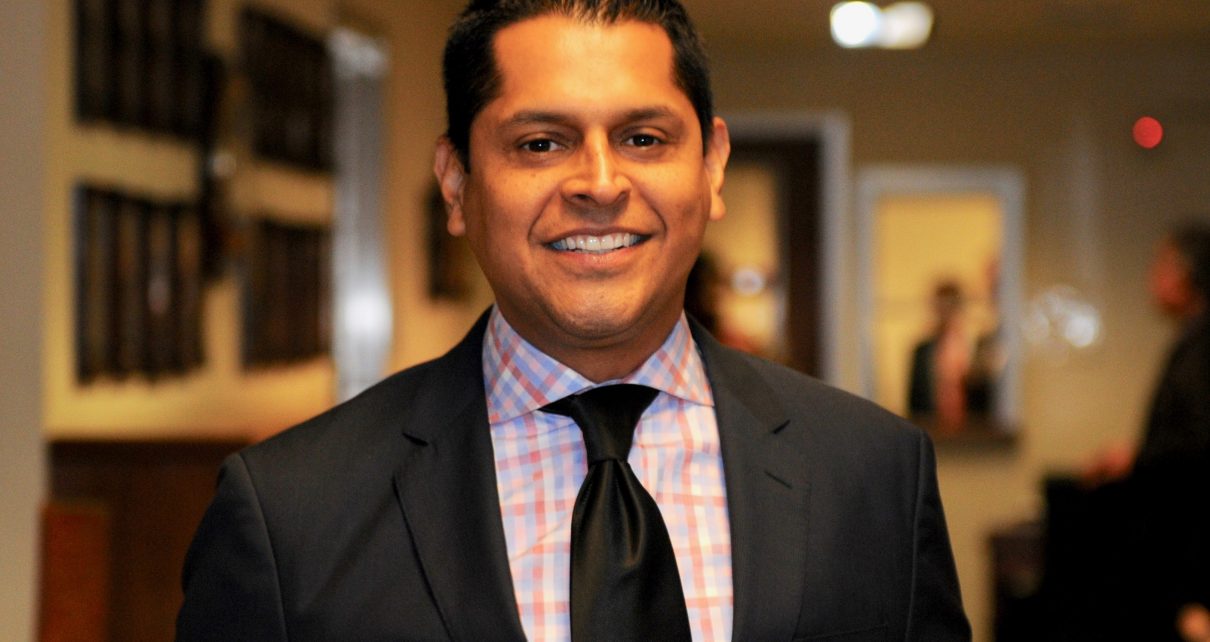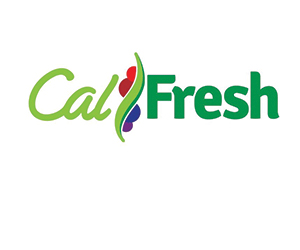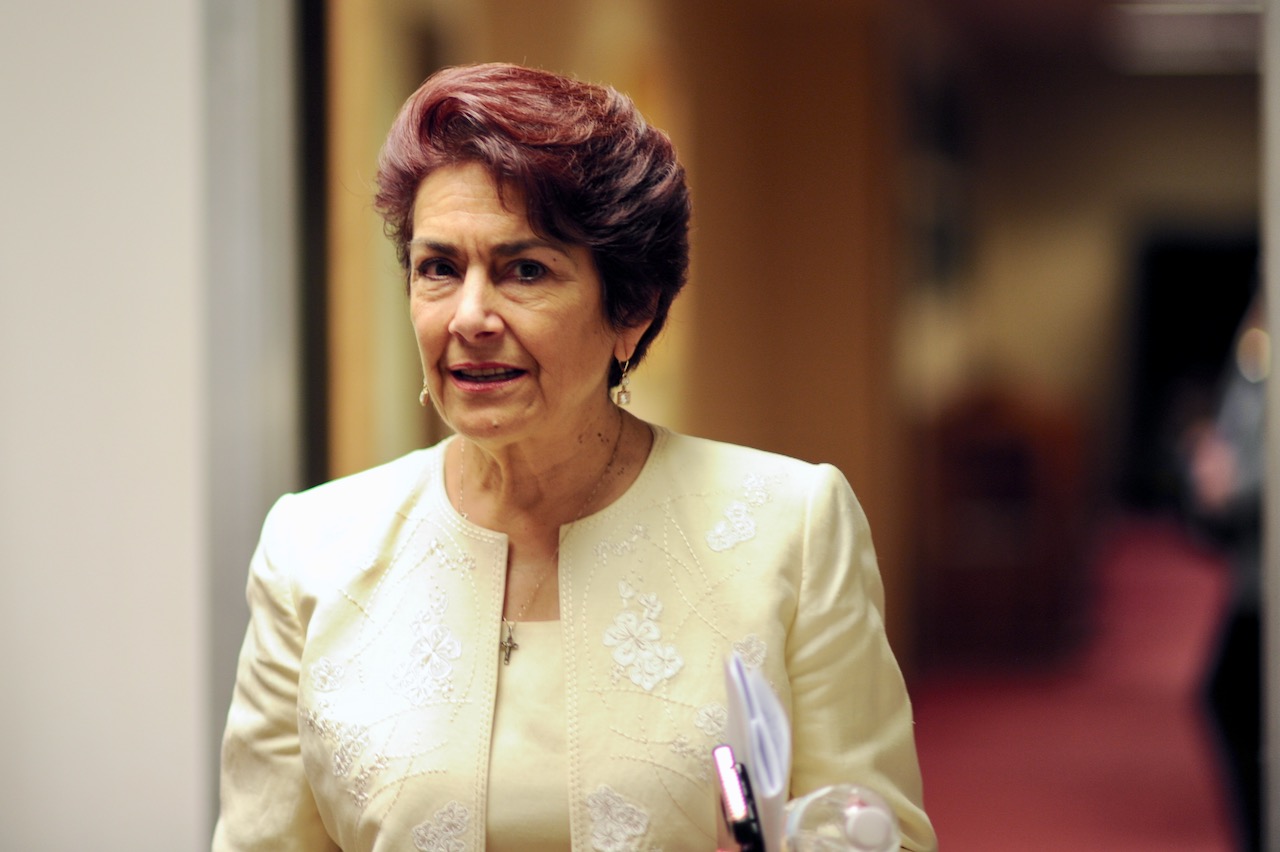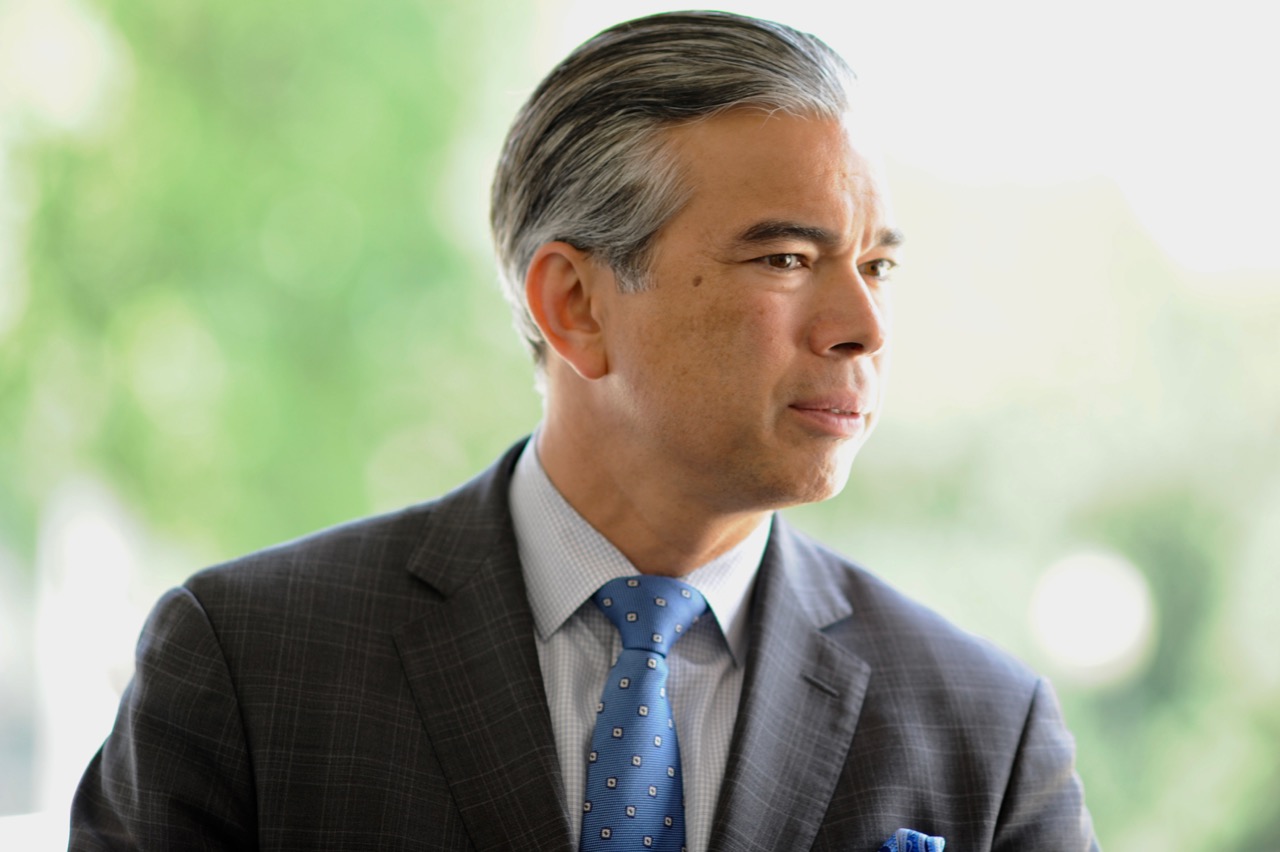
Assemblyman Miguel Santiago (Photo: Kevin Sanders for California Globe)
Digital Drivers License, ID Card Pilot Program Bill Moves Up In Assembly Committee
AB 1503 would create a digital, mobile-based alternate ID pilot program by the mid 2020’s
By Evan Symon, April 10, 2021 3:19 am
A bill that would create a pilot program to test the usage of digital driver’s licenses and ID cards made its way past the Assembly Transportation Committee earlier this week and is due to be heard in another committee later this month.
Assembly Bill 1503, authored by Assemblyman Miguel Santiago (D-Los Angeles), would have the pilot program evaluated to see how well digital and mobile-based alternative ID cards can hold up, as long as the specified requirements are met to California Highway Patrol standards. The pilot program, which would be completed by no later than December 2027, would also utilize digital versions of Real ID cards if authorized by the US Department of Homeland Security.
AB 1503 also goes into detail about how it would operate, including being limited to those who volunteered for the program and the program only being allowed up to 0.5% of all California Drivers license and ID card holders to take part.
Assemblyman Santiago wrote AB 1503 due to the need of many people needing quick access to their license, needing an alternative way of showing ID in case the physical license is lost, as a quicker way for law enforcement members to check on the identity and information of people, and to help extend privacy to people as ID holders could choose to show and block certain types of information from those asking to see it. Supporters noted that the privacy features could block some data, such as an address, weight, and other info, from a simple ID age check at a bar.
“When you really take a look at it, you do everything on your cellphone,” said Assemblyman Santiago in a statement on Friday. “You can do stock transactions. You have credit card information. I have my insurance paperwork on my cellphone. I have everything except the one thing I need the most, which is my driver’s license and my ID.
“There is more security and more privacy when you use a digital app that doesn’t throw all your information out right as you see it. You can design it in a way that’s safe and secure that doesn’t give out more information than what’s needed for a specific use.”
Opponents questions security, civil liberties of digital ID cards
While AB 1503 currently has bipartisan support, as evidenced by the unanimous Transportation committee vote this week, there has been a noticeable jump in those who oppose the bill. Civil liberties groups have questioned many aspects of the bill, including the overall security of the pilot program.
“With an ID card, you have it on you and you can’t really change it digitally. It’s a physical copy,” Micah Farben, a libertarian advocate who has helped block license digitalization efforts in Minnesota and Wisconsin, explained to the Globe. “But if it’s on your phone, it’s very susceptible. Even some of the most secure programs can be hacked, so that means some things could be digitally changed. A clever college kid could probably find a way to change it up with enough time. A 17-year-old was the first to unlock an iPhone. You’re telling me that a few numbers can’t be changed too?”
“And then there is governmental mix-up worry. There are millions of people with ID cards and drivers licenses in California, many of whom have the same or similar names. In a big database this has caused many headaches before. Credit score mix-ups have been happening frequently for decades, with DMV mix-ups also happening often enough.”
“It would be better if this was provided as not an alternate way, but maybe as part of a two-step verification. Like someone suspects a fake ID, and then the digital version can come out or something like that.”
“Oh, and this isn’t even getting into the headaches that giving a phone, which is your personal property with other sensitive info, to law enforcement or others during ID checks. Would it be like the police being able to search your house if they find probable cause? Or do a phone equivalent of a protective sweep? There’s so many unanswered questions here.”
“We failed to stop this in Iowa, where it’s too early to see if this was a success or not, but in California’s case, there are many open questions even for a small pilot program that need to be figured out before it is in place. And right now, it’s not as rosy as people will lead you to think it is.”
AB 1503 is due to be heard in the Assembly Privacy and Consumer Protection Committee later this month.
- Bill to Require Law Enforcement Disclosure if AI Was Used To Help Write Reports - August 7, 2025
- Gov. Newsom Files FOIA Request To ‘Expose True Cost’ Of L.A. Federal Troop Deployment for Anti-ICE Riots - August 6, 2025
- California Redistricting: How Newsom’s Plan Will Demolish Hard Fought GOP Gains - August 6, 2025





““When you really take a look at it, you do everything on your cellphone,” said Assemblyman Santiago in a statement on Friday. “You can do stock transactions. You have credit card information. I have my insurance paperwork on my cellphone. I have everything except the one thing I need the most, which is my driver’s license and my ID…”
So it will become a law, as well then, that one is required to carry a cell phone? Will the government be providing the cell phone?
I thought that the Democraps said that not everyone can afford a mobile phone…
Can’t have it both ways, folks….
What about all those Obamaphones? 😉
I lost the paper in my pocket. But here is the electronic GPS tracker/ babysitter I keep in my a**.
I bet you can’t use it for voter ID.
Democrats = ID to Vote is racist
Democrats = digital IDs on phones
Why not go full mark of beast and say chip under the skin.
that’s what I keep sayin !!! Just give me the neck chip and be done with it !! :0 :0 :0
it only makes sense that in caliphonya the CA DMV has a digital DL you can keep on your phone, can be used at some airports for security checks but cannot be used if stopped by CA LEOs………Any wonder Cali is literally going up in smoke ????
” the one thing I need the most, which is my driver’s license AND my ID” said Assemblyman Santiago. does this person not know they are the same thing ??? spoken like a true politician……